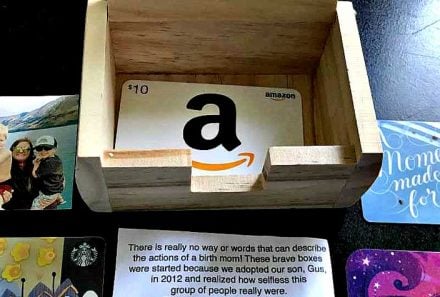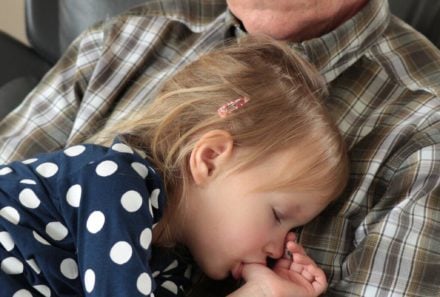Moving from Infertility to Adoption to Build Your Family

You’ve made the difficult decision to discontinue fertility treatments and consider other means by which to create your family. There’s a lot of emotion that comes with that decision. Many questions will also come up for you and your partner if you have one. What does it look like when you are moving from infertility to adoption as the option to build your family? What should you consider in this transition?
Another Step to Grieve Infertility
When you were diagnosed with infertility or began treatment, you hopefully allowed yourself to grieve the losses represented by that diagnosis. You may also have experienced mourning over the changes to your dreams or plans for the family you had pictured.
As you are leaving the active pursuit of fertility care, allow yourself the grace to grieve this new step of your family-building process too. Fertility treatments likely consumed a significant part of your life – your mind, your physical body, and your heart, not to mention your calendar. Moving away from that pace and focus deserves your intention and attention to prepare for another path.
Come to Terms with the Grief
Managing the emotions when you choose to leave fertility treatments behind can be done quite similarly to how you coped when you got a diagnosis. Allow yourself permission to feel all the feelings as they come, give yourself healthy outlets and coping tools. You can work with a therapist (with a partner or alone) to process the pain and the questions.
You might also consider granting yourself the gift of not seeking “closure.” The grief of infertility doesn’t necessarily go away or “heal.” Instead, think about ways you can “come to terms” with your grief and infertility that will prepare and shape you for the path ahead.
Don’t Try to Do It Alone
If you are married or have a partner for this journey, you are probably already aware of the differences in how you handle life, right? The process of moving from infertility to adoption will require you to check in on each other openly and honestly. You must proceed from the “same page” as often as possible.
However, working together – and individually – through how you leave infertility treatment behind might be an uneven process. That’s okay. There are a few things to consider when you aren’t on the same page:
Wait.
Maybe your relationship would benefit from setting a time limit to process your differences individually before moving to work on a compromise. Talk about what a reasonable waiting period is and give each other some space in that period. Be patient with each other in the meantime.
Keep Talking
It sounds like the opposite of waiting, but it doesn’t have to be. You can sit together to ask each other honest questions. Then give additional space to formulate your thoughts before talking again. It might also mean that you set parameters for when and how you talk about the path forward.
Seek Counsel
Whether you are in a partnership or pursuing single parenthood, the listening ear of an objective third party is worthy of consideration. Talk with a trusted friend, a clergy, or a counselor with grief or infertility care experience. Seek couples therapy for a safe space to process your differences. Sometimes, third-party viewpoints on your concerns can help you (and your partner) see more clearly.
Resources for finding an infertility-competent therapist can be found here.
Transitioning to an Adoption Mindset
The space that infertility took up in your heart and mind is/was its own unique space. Many of the skills you honed during your infertility experience are transferable or translatable to the adoption path. For example, the research skills you employed to find the right specialist to work with will come in handy when you begin searching for an adoption professional or agency.
However, the adoption journey may require new or different tools than what you needed during your infertility experience. Allow adoption to occupy its rightful place in this season of your life by setting reasonable goals and expectations for preparing for the family you will create.
Information is Key
There is so much about adoption to learn! It’s easy to be overwhelmed by the many resources and voices that will tell you what you need to know. Start by taking a deep breath and talking with your partner or another trusted confidante who will be with you on the journey. Ask yourself what you want and need to learn and start there.
Another great place to start is to figure out what kind of adoption might be the best fit for you. Every new thing you learn can be another opportunity for you and a partner to land on different pages, so be prepared to practice your listening skills. Practice patience with each other while you each process what you are learning. These are excellent skills to build upon and will aid you in setting those realistic expectations along the way.
From: Creating a Family (creatingafamilyed.org)






